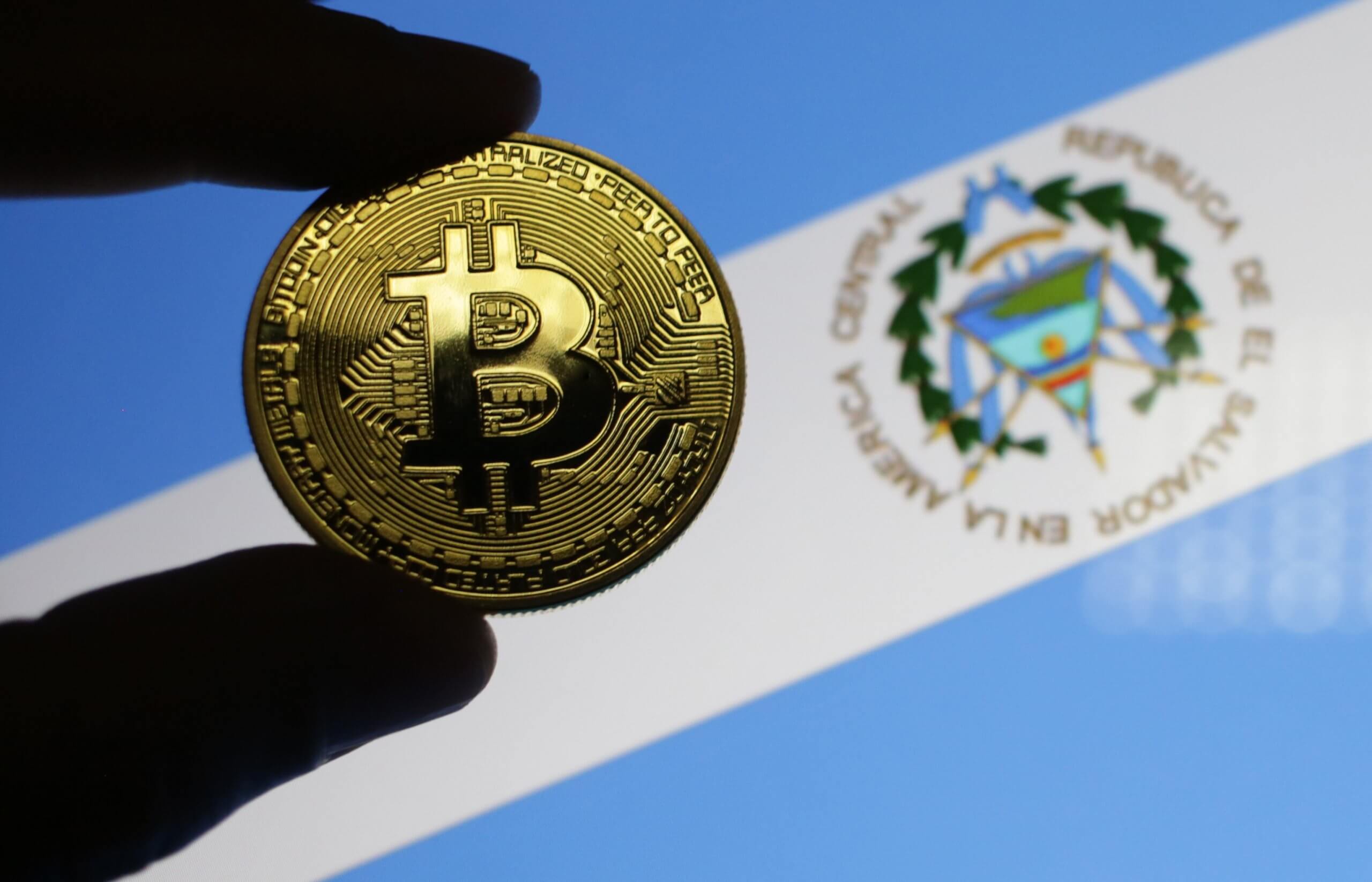

El Salvador buys 21 Bitcoin to commemorate 21st December 2021
Why crypto can be legal tender
Legal tender is any form of payment that a government declares legal. Quite a few states have more than one legal tender: examples include the Indian rupee in Nepal and USD in Ecuador and El Salvador itself.
Technically nothing prevents a state from declaring something other than a fiat currency as legal tender – including a cryptocurrency. In fact, various experts predict that between two and five countries will make BTC legal tender in 2022.
What are the advantages of such a move? For many, crypto is a great hedge against inflation – an issue that is back in the spotlight now that the annual inflation rate in the US has reached 7.9% for the first time since 1982.
The anti-inflationary logic behind adopting Bitcoin as legal tender
The ‘crypto against inflation’ argument goes as follows:
This logic seems to work on paper, but can adopting cryptocurrency really lead to a ‘death of inflation’ on a country level?
3 reasons why cryptocurrency won’t defeat inflation
As experts from Exscudo, a crypto-fiat payment solutions platform, points out:
“When El Salvador made Bitcoin legal tender, it wasn’t because of inflation. In fact, El Salvador is virtually the only Latin American country where the inflation rate was close to zero before 2021 as a result of it adopting the US dollar as legal tender instead of the colón.”
Therefore, we don’t have any statistical data on what happens to the inflation rate when a country adopts a cryptocurrency as legal tender. However, there are several reasons to believe that such a step wouldn’t solve the problem of inflation.
1) You can’t rely solely on crypto. The code powering cryptocurrencies is new, relatively untested, and subject to bugs and extreme volatility. A country won’t switch completely to a virtual currency that can drop by 30% in a day.
2) Reluctance to adopt. If both a fiat and a crypto currency are available as legal tender, the population will stick with the familiar fiat currency. This is what happened in El Salvador, where very few people actually transact with BTC, in spite of it having an equal status with the dollar. Even with monetary incentives for using crypto, regular consumers will go along with the majority.
‘What you’ll get is that the prices of goods and services in the fiat equivalent will keep growing, and the fiat currency’s value against the crypto legal tender will decline. Fiat inflation will still be there,’ continues a spokesperson from Exscudo.
4) Fraud. Beginner crypto users are easy to deceive. Phishing, fake investment schemes, computer viruses that steal wallet passwords – there are many ways to make a person part with their cryptocurrency. If a government were to promote the use of crypto legal tender, it would have to deal with an army of criminals stealing it.
The conclusion is that making Bitcoin legal tender can be a smart PR move, but all it achieves is a system where fiat inflation proceeds unabated for the majority while the tech-savvy minority (including the political establishment) enjoys the advantages of crypto.
Of course, instead of Bitcoin, a government can simply introduce a CBDC, or a central bank digital currency. China is already doing this with the digital yuan. But a CBDC is just a digital twin of the
The alternative: crypto as a payment link between countries
Instead of trying to eliminate inflation through crypto – something that digital currencies aren’t designed to do – it’s worth focusing on their real utility and potential. As a virtual asset that isn’t tied to any country, crypto is supremely adapted to serve as a link between the fiat currencies in different countries and their local payment systems.
According to OliverWyman, the global transaction costs of cross—border payments amount to $120 billion a year, plus the hidden costs of delayed processing (the average settlement time being 2-3 days).
By contrast, a cross-border transfer in crypto can cost as little as a few cents, regardless of the amount – and be processed in several seconds, as long as the system relies on a cost-efficient and scalable blockchain (i.e. not Bitcoin or Ethereum. No wonder that so many financial institutions are looking into digital currencies for remittances and other international operations.
However, there is another issue that can and should be solved with the help of cryptocurrency: the isolation of regional local payment solutions. Once again, Exscudo’s experts clarifies:
‘Almost any country now has a few popular e-wallets and payment apps: PayTM in India, Pix in Brazil, Paga in Nigeria, etc. But they aren’t integrated with each other, with other countries’ currencies, or with crypto. What we are building is a universal payment app that will link all these disjointed systems and allow users and merchants to switch seamlessly between fiat and crypto, between a fiat payment channel and a blockchain wallet.’
Indeed, it would be a great advantage for businesses to be able to accept payments in both fiat and crypto without switching gateways – and for users to pay the way they are used to. In the remittances market, too, it’s crucial to have a way for workers’ families to receive the money in a way that is convenient for them.
You don’t need to make crypto legal tender to use it as a powerful economic tool. Leveraging cryptocurrencies’ true strengths and integrating them with fiat in the payment and cross-border payment industries can create a real positive change in the lives of millions – without any of the controversies of using crypto as an official state currency.
Denver, Colorado, 24th February 2025, Chainwire
Denver, Colorado, 20th February 2025, Chainwire
Washington, D.C., 18th February 2025, Chainwire
Dubai, UAE, 27th January 2025, Chainwire
Those who enter the market at this time may be surprised to hear that Bitcoin…
George Town, Grand Cayman, 22nd November 2024, Chainwire